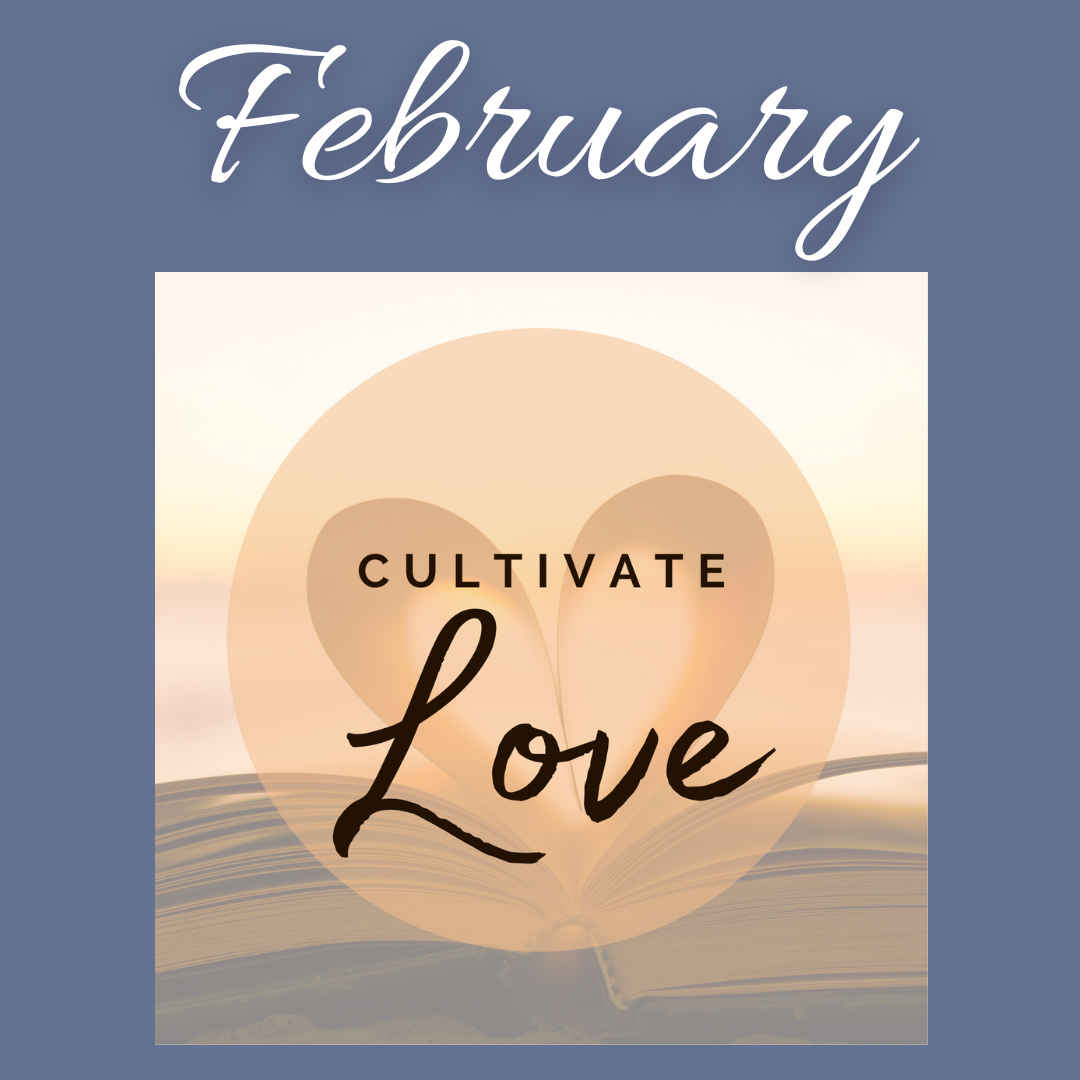Love
“…kindness, thoughtfulness, and care provide a more nurturing environment for love to have a chance to grow.”
Three years ago, Chris and I mimicked the synchronized sideways head-bob during the song “What is Love?” by Haddaway in a promo video for our first Cultivate Love chat for Well-Cultivated Perspectives. Even now, we continue to try to wrap our heads around a valuable answer to that question. It almost feels like we are put through tests in life that help guide us towards the answer, only to be left with more questions.
This February we focused on the opportunity to learn how to love those who are unkind to us. Whether it be through hurtful words people use or the lack of thoughtfulness and care that people exhibit, we have been challenged to figure out how to best respond to those who are unloving.
Sometimes, to learn what something is, we need to recognize what it isn’t. This month, we listened to cruelty; we listened to slander; we listened to misunderstanding; we listened to the silence of ungratefulness. We heard and saw what love isn’t, and we made a choice. We chose not to mirror, not to retaliate, not to show them what it felt like to receive what they were giving.
This was not an easy task, and there were times when we had to set aside time to process both surface-level and deeper-rooted understandings of the circumstances.
Last month, we tended to our personal gardens to weed out what was not fruitful or what was stealing nutrients from what we wanted to nurture. This month, we paid attention to what type of seeds were being thrown in our personal gardens, and how we would deal with preventing those seeds from taking root around what we were carefully nurturing.
When it comes to hurtful words, it is important to understand why they are said. We need to look at the fact that seeds of hurtful words come from somewhere rooted in deep hurt. On the contrary, seeds of kindness come from what is rooted in genuine love. Sometimes, the most kind and loving thing we can do for others is to point out when we see them nurturing seeds of hurtful words and selfishness in their own garden and offer help with the pruning or weeding process. People who feel genuinely loved don’t seem to be cruel. To reap kindness, we need to first sow kindness even, and sometimes especially, to people who use hurtful words.
When it comes to lack of thoughtfulness and care, it is important to understand that people cannot work with what they don’t know. When we recognize seeds of disregard and inconsideration, we should model what thoughtfulness and care look like. For example, if someone who is usually inconsiderate mentions really enjoying chicken noodle soup, you might have some readily available for them the next time you see them. Sometimes, we need to battle selfishness with a warm heart.
With this insight, we are still left with the question, “What is love?” Even though we do not have a satisfactory answer, we are able to understand that kindness, thoughtfulness, and care provide a more nurturing environment for love to have a chance to grow.
Hopefully, this blog has shown you that we thoughtfully care enough to share these things with you. May the words in this post be nourishing and inspiring as you learn how to best cultivate love in your life.

